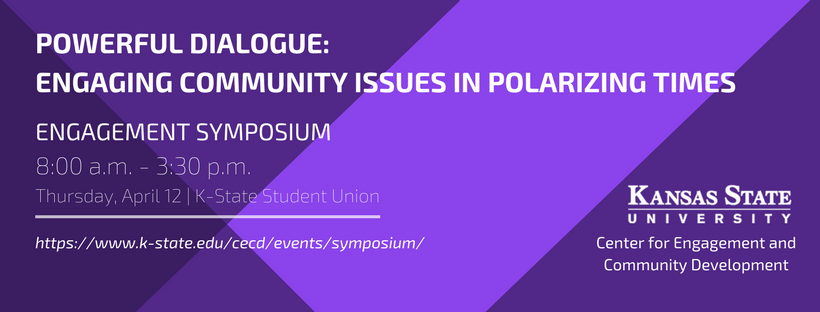
2018: Powerful Dialogue – Engaging Community Issues in Polarizing Times
Presentation Title
Voices from Minority-majority Communities in Southwest Kansas
Keywords
community engaged scholarship, leadership, diversity, culture
Description
A follow-up, multi-lingual (English, Spanish, Somali, Burmese French, and Tigrinya) study addressed health, well-being, and social connectivity in emerging populations. Subjects living in a region marked by Minority-majority population centers, approximately 35 languages and dialects, poverty, and other fragile states informed the study. Initial analyses revealed strengths and challenges from which an educational focus can be created or fortified. Presenter and participants explore the voices of respondents sharing their dreams for and challenges of settling in a new country and draw from comparisons of native-born respondents. What changed for the better? What worsened? Were there developments? How have the demographics changed, and what does that mean for the communities within this region? What are some cultural similarities and differences? Finally, ways in which these findings can be generalized to understand a wider immigrant community will be explored.
Creative Commons License

This work is licensed under a Creative Commons Attribution-Noncommercial-No Derivative Works 4.0 License.
Voices from Minority-majority Communities in Southwest Kansas
A follow-up, multi-lingual (English, Spanish, Somali, Burmese French, and Tigrinya) study addressed health, well-being, and social connectivity in emerging populations. Subjects living in a region marked by Minority-majority population centers, approximately 35 languages and dialects, poverty, and other fragile states informed the study. Initial analyses revealed strengths and challenges from which an educational focus can be created or fortified. Presenter and participants explore the voices of respondents sharing their dreams for and challenges of settling in a new country and draw from comparisons of native-born respondents. What changed for the better? What worsened? Were there developments? How have the demographics changed, and what does that mean for the communities within this region? What are some cultural similarities and differences? Finally, ways in which these findings can be generalized to understand a wider immigrant community will be explored.

